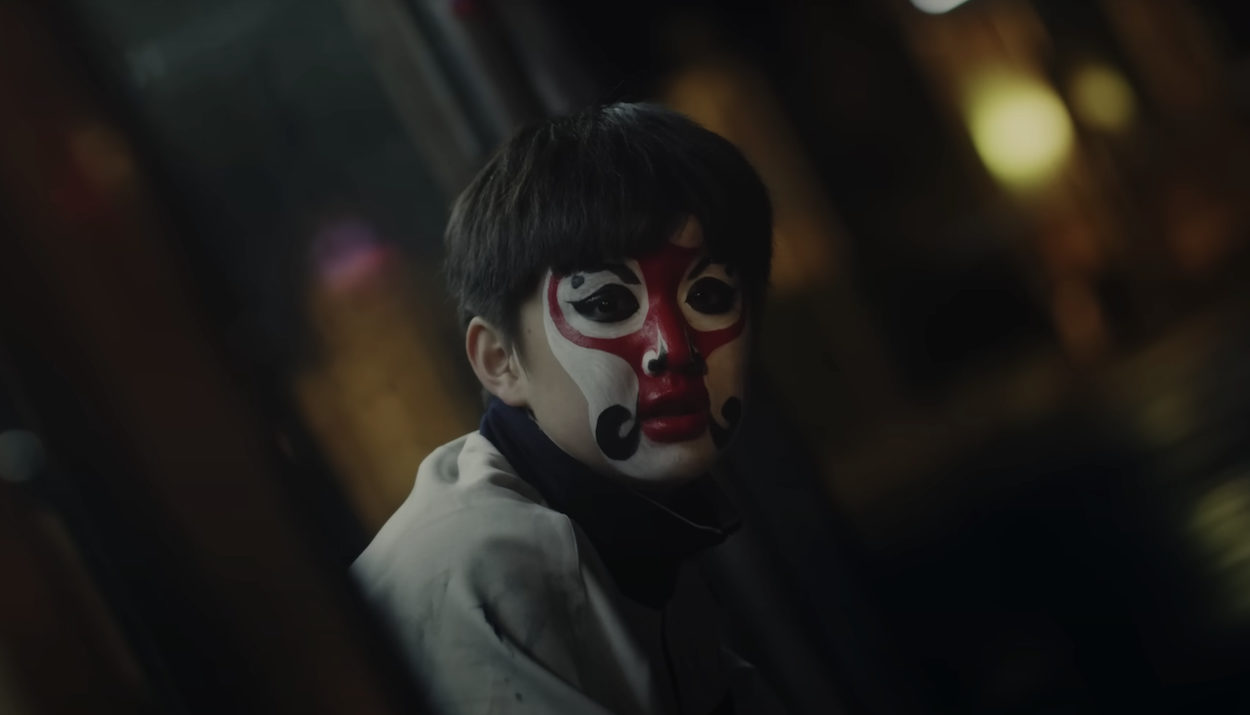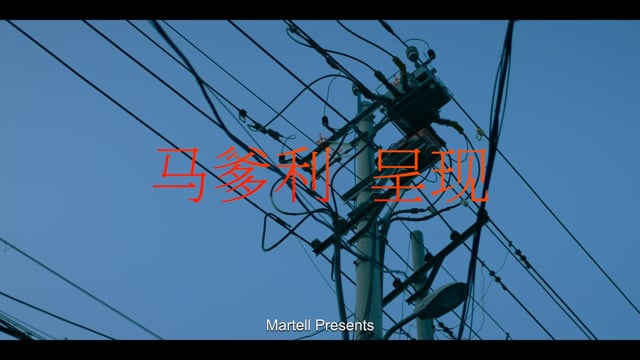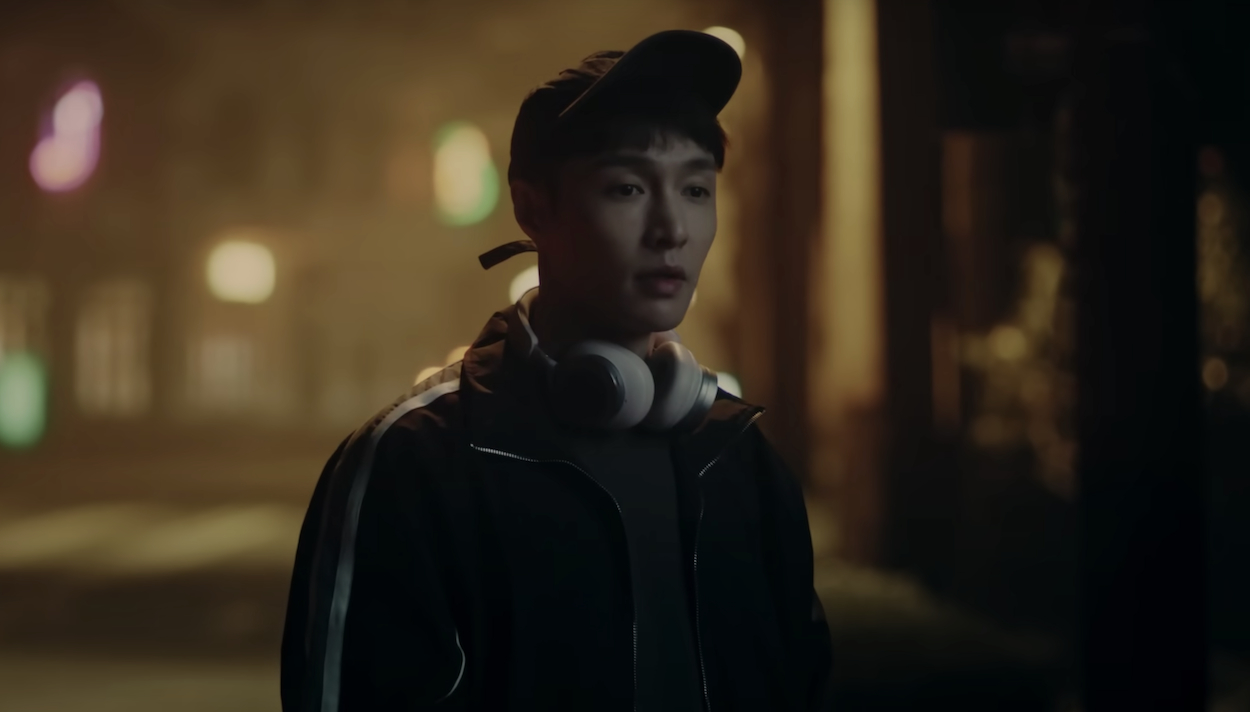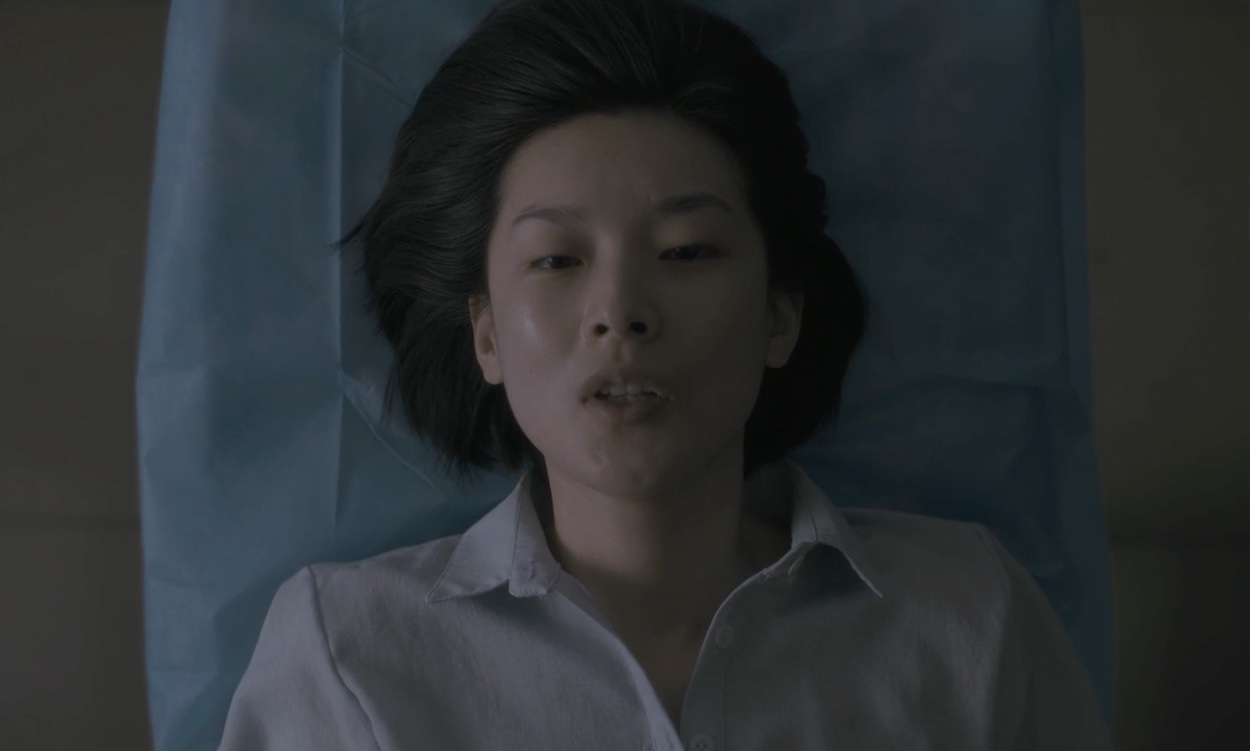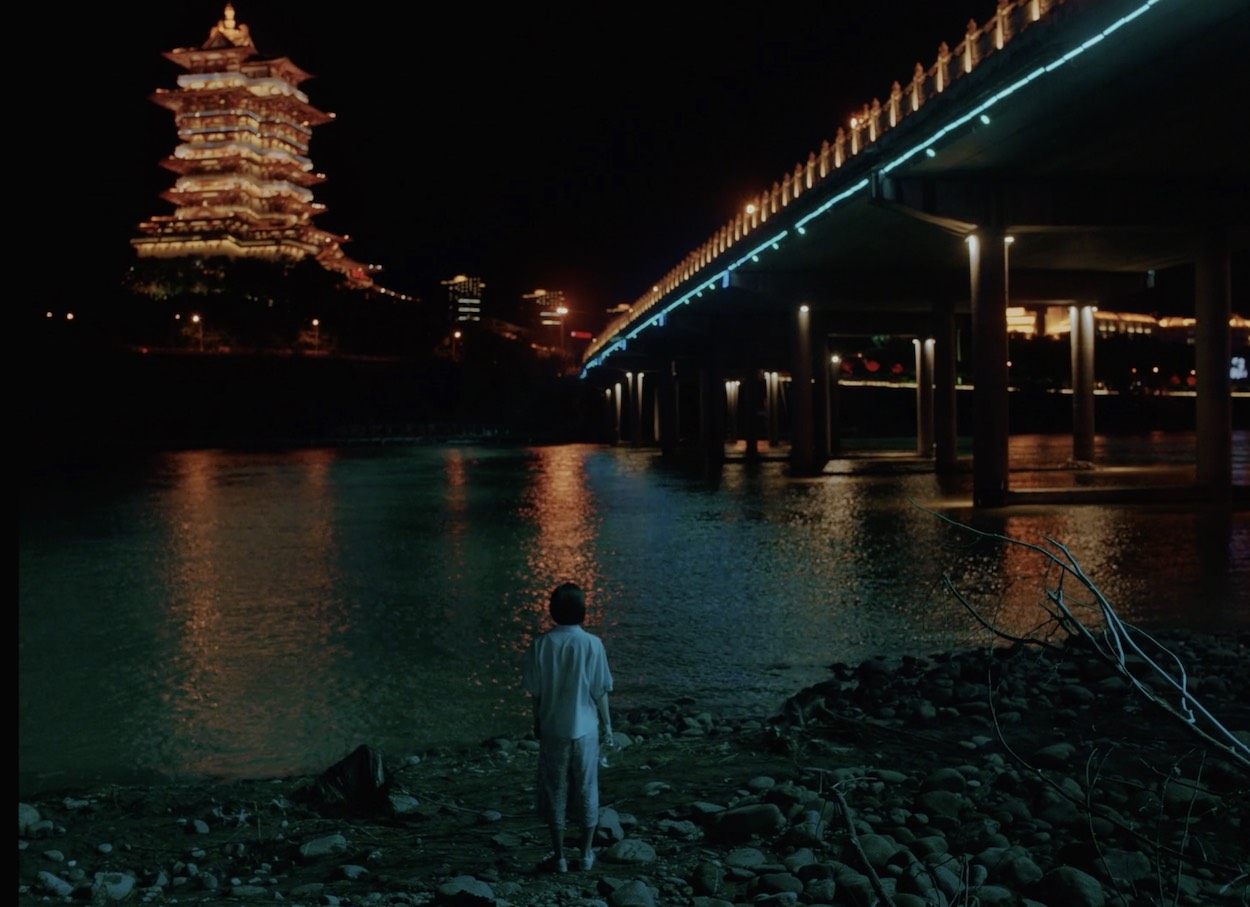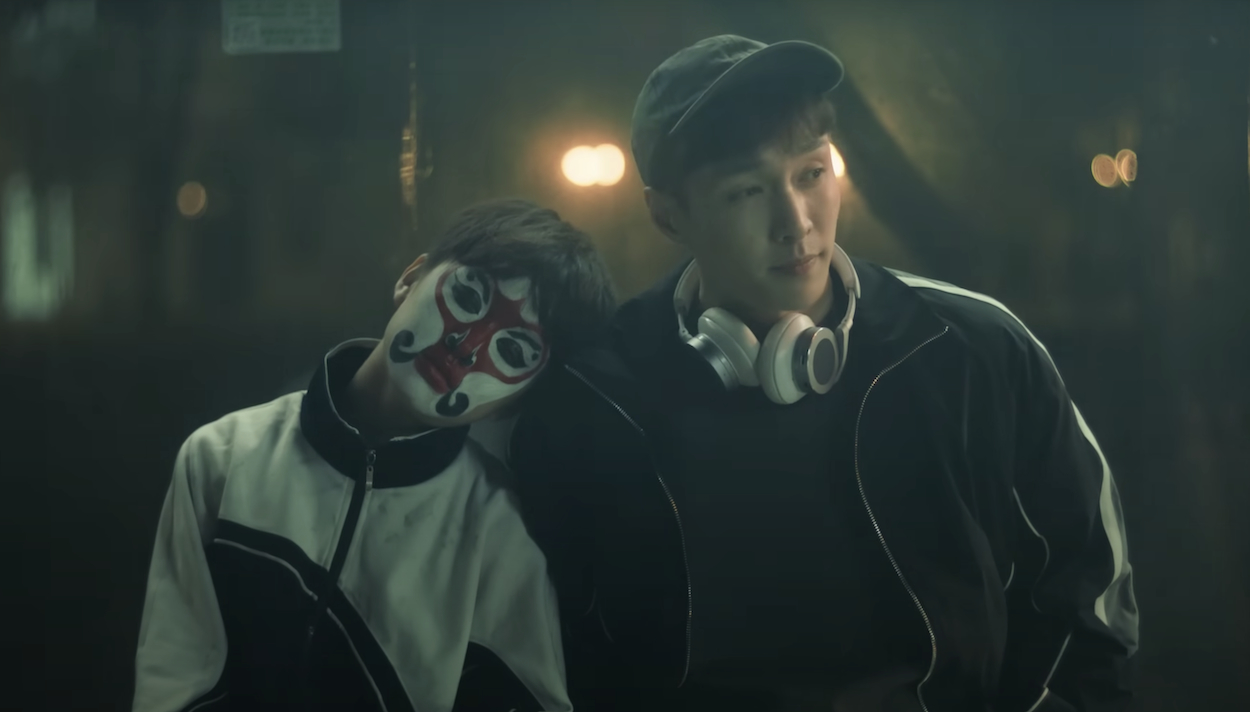Sprite Limelight: Lay Zhang, Alive
You were born in China’s Uyghur Autonomous Region and went on to study film in the USA. Can you tell us a bit about your journey into directing?
Geographically, my hometown Urumqi is very far from where I studied film (NYC) and where I work as a director now (London). But the psychological distance isn’t really far. I recently went back to the family house in China and found my high school diary. During that time, we were told to write diaries and hand them in at the end of each week; our teachers would read them and grade them. So in my 16-year-old diary, I wrote that I wanted to be a film director like Akira Kurosawa, and I got an A+ from the literary teacher.
How do you feel your culture, background and life experiences shaped your approach as a filmmaker?
Environments that nurtured me – the Gobi Desert, boarding schools, being an only child – discouraged me to talk about my feelings. I think at some point it generated the opposite effect on me, which is to put emotions and private moments under a microscope when telling stories.
Who/what are your sources of inspiration for your work – both visual and narrative?
People who are close to me. Friends, families, partners. I’m fascinated by their dilemmas and how they see the world. They are used to me writing stories about them now. They still get annoyed from time to time, but are generally very supportive and generous.
What Do You Know About The Water And The Moon
Your visual style is best described as “magical realism”; the way you blend surrealism with the everyday and mundane in your short film What Do You Know About The Water And The Moon, feels like a delicate, imaginative way of exploring a difficult topic. What sparked the idea for the film, and what message did you hope to convey to viewers?
Emotion is a difficult thing to convey, but I think successful emotional expression makes us feel less alone. In What Do You Know About The Water And The Moon, I wanted to visualise the vulnerable, nuanced emotions women go through during an abortion.
Your short film, Naomang, is such a treat for the eyes and ears. How did you discover Naomang (the man) and why was it important to tell his story? Were you given complete free rein by Martell?
Through researching about the Beijing culinary circle, I encountered Naomang and his hidden restaurant. We became friends as I continued interviewing other people. But the more people I talked to, the clearer it became to me that Naomang’s story was special. His relationship with food is more than just passion. There is also an element of loss that spoke to me. After his mother died, there was an urge, or maybe a necessity, for him to continue cooking exactly the way she did. It’s less about making the food taste better, but more about keeping a piece of her with him. Considering Naomang was my first branded content project, I’m really grateful for Martell’s trust. They were extremely supportive throughout the process. It was still one of the best experiences I’ve ever had with brands.
What Do You Know About The Water And The Moon
Also in the food and beverage realm – but very different in tone – is your new music video for Chinese rapper Lay Zhang, part of a bigger project for Sprite Limelight. It’s your first piece of work through CANADA – can you tell us a bit about the brief and how you approached it?
We were given a very open brief: to film/recreate a personal experience of the artist in a documentary style. During the writing process, I received a lot of support from Nico, Co-Founder of CANADA and Director, and Victor Mata, my EP for the job. We created a magical realist story about Lay meeting a young boy with a painted Peking Opera face on his way home from rehearsals. As they talk, he gradually realises that the boy is his younger self. After our initial pitch, Lay felt that it was an honest representation of his own experiences of attending various art classes at an early age. To me this was the most positive response. Everything else went pretty smoothly after that.
Did the shoot pose any unique challenges for you as a director? Did it push your film craft in any new directions?
It was my first time directing a music video and it was new for me to be directing an idol, rather than an actor. The biggest challenge for me with every project is always finding a ‘balance’. This time shooting with Sprite, we put a lot of effort into finding the balance between the musical style and the narrative style, which was a very interesting creative process.
Sprite Limelight: Lay Zhang, Alive
How do you strike a balance between drawing on tradition and ancient symbolism, yet still keeping a future facing vision?
The past, the present and the future are never distinct, but intertwined for me. My films tend to have a blurred sense of time and space. What is more important to me is to remain honest and vivid.
And how does it feel to be part of the new generation of Chinese filmmakers emerging onto the global stage?
I work across advertising and narrative film, and as a result I’ve been lucky to make friends from both sides. However, I feel that there is not enough interaction among directors in both the advertising and film worlds. When there’s not enough of a sense of community, it’s hard to feel part of a group, but more often than not we feel like we’re fighting alone. But I know that in reality we are not so alone. I’m looking forward to interacting more with other Chinese filmmakers and helping each other out!
What do you have coming up next?
We recently got funding for making a short film in the UK. It’s a story about immigrants, dragons and the vast green land of Wales.
INTERVIEW BY SELENA SCHLEH
INFO:
CANADA website
Jian Luo website
@layla_luo_jian
@canadacanadacom
